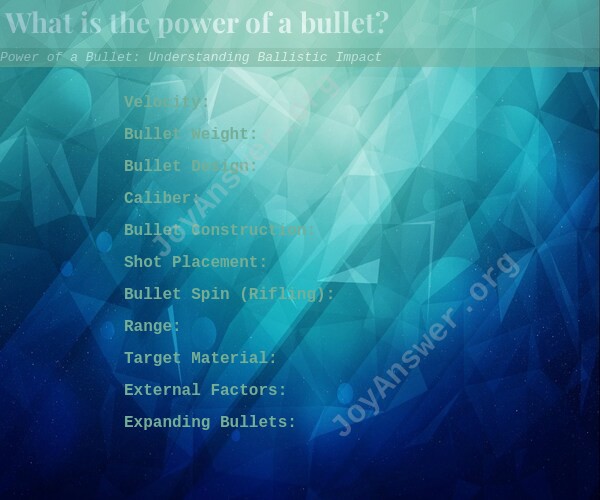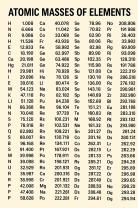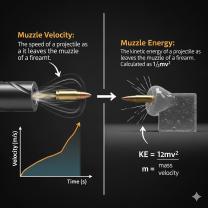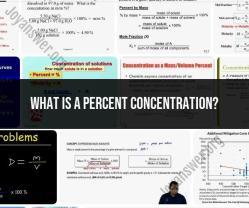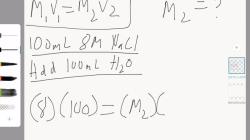What is the power of a bullet?
The "power" of a bullet, often referred to as its terminal ballistics, encompasses several factors that determine its effectiveness upon impact with a target. These factors include:
Velocity: The speed at which the bullet travels is a crucial factor. Higher velocity generally results in greater kinetic energy and penetration. However, extremely high velocities may lead to over-penetration or fragmentation.
Bullet Weight: Heavier bullets generally possess more kinetic energy, which can lead to greater penetration and tissue damage. Bullet weight is typically measured in grains (gr) or grams (g).
Bullet Design: The design of the bullet, specifically its shape and composition, influences its behavior upon impact. Hollow-point bullets, for example, are designed to expand upon hitting a target, causing larger wound cavities and increasing stopping power.
Caliber: The caliber of a bullet refers to its diameter, and it plays a significant role in terminal ballistics. Larger calibers often produce more devastating wound channels, but they may also result in greater recoil.
Bullet Construction: Some bullets are designed to fragment or break apart upon impact, while others are designed to penetrate deeply. The construction materials, such as lead, copper, or steel, can affect a bullet's behavior.
Shot Placement: Shot placement is critical for determining the bullet's effectiveness. Hitting vital organs or critical areas can result in a quicker incapacitation of the target.
Bullet Spin (Rifling): Rifling in the barrel imparts a spin on the bullet, which stabilizes its flight and accuracy. Proper stabilization can enhance a bullet's effectiveness.
Range: The distance at which the bullet impacts the target can influence its power. Bullets may lose velocity and energy over longer ranges, affecting their terminal ballistics.
Target Material: The type of target or barrier the bullet encounters can significantly impact its performance. Bullets may behave differently when penetrating soft tissue, bone, glass, or other materials.
External Factors: External factors like atmospheric conditions (e.g., wind and humidity) can affect bullet trajectory and impact, potentially altering the bullet's effectiveness.
Expanding Bullets: Some bullets are specifically designed to expand upon impact, creating a larger wound cavity and increasing stopping power. These are often used in self-defense ammunition.
Penetrating Bullets: In some cases, bullets are designed for deep penetration, such as for hunting larger game. These bullets may have a solid construction to maintain their structural integrity.
It's essential to note that the concept of "power" when referring to bullets is relative and context-dependent. The effectiveness of a bullet depends on the specific application, whether it's for self-defense, hunting, law enforcement, or military use. Additionally, ethical and legal considerations play a significant role in determining when and how bullets should be used.
Bullet performance should always be considered in conjunction with firearm safety, responsible gun ownership, and adherence to local laws and regulations.
